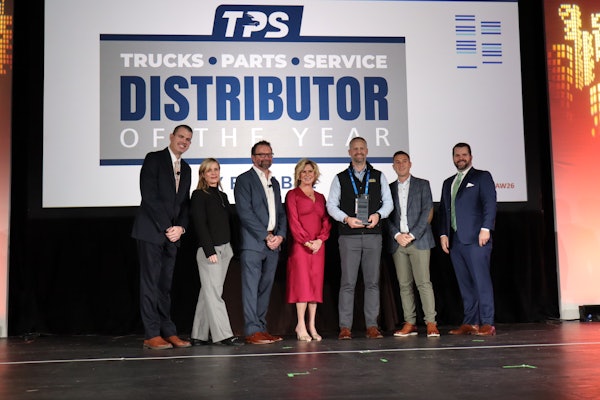It is the best of times.
Or, at least, robust times for the aftermarket.
Business is strong and predicted to accelerate. Both fleets and owner-operators are adjusting their buy cycles and running vehicles longer to avoid the higher equipment acquisition costs associated with 2007 emissions compliance.
This equates to more need for parts and service.
Savvy independent parts and service professionals who watch the industry’s economic cycles have anticipated this situation and invested in the inventory and resources required to meet the current and coming demand.
Hopefully, your warehouse is equipped with the components to serve the full range of makes and models. Hopefully, your technician staffing is adequately meeting customer needs, with room to grow. Or, as best as the shortage of qualified technicians will allow, anyway.
But even the best business plan, the wisest of investment strategies, likely will not allow you to fully reap available opportunity.
Many OEM franchise dealerships are at capacity and unable to serve the needs of all customers. They may even be forced to turn business away, impacting customer uptime and, as a result, profitability.
Historically, you have helped ease this situation by meeting the needs of these customers while continuing to satisfy your existing customer base. As these fleets and owner-operators look at new avenues for aftermarket parts and service support, it creates a new revenue stream for you, as well as the opportunity to capture new repeat business through quality and attention to detail along with competitive pricing.
Unfortunately, the low-hanging fruit on this tree is being held just out of reach.
In too many instances, software and diagnostic tools, technical data and VIN-specific schematics required to accurately care for late-model vehicles are withheld as proprietary or made overly burdensome to acquire. The customer is there with a need and you are unable to provide the best possible care through no fault of your own.
There are many losers in this scenario, starting with you and your potential customer. And those holding the cards are doing a disservice to both.
Carriers and owner-operators have a right to run their vehicles with the most miles allowed by law and good business sense. It is irresponsible of the industry to not abide by the laws of supply and demand.
The independent parts and service provider has a right to serve the needs of these customers by the best means available. That means full access to the tools and information needed to keep vehicles up and running.
If the customer cannot get timely, reliable aftermarket support from the OEM dealer or from you, the system breaks down, product is not moved and failure takes on a domino effect. Your customer loses, the shipper loses and, ultimately, the consumer loses.
As the new editor of this magazine, I hope to further explore the access to information issue and others that affect your livelihoods and those of your customers. I look forward to hearing your thoughts on these issues as well and welcome your comments at [email protected].





